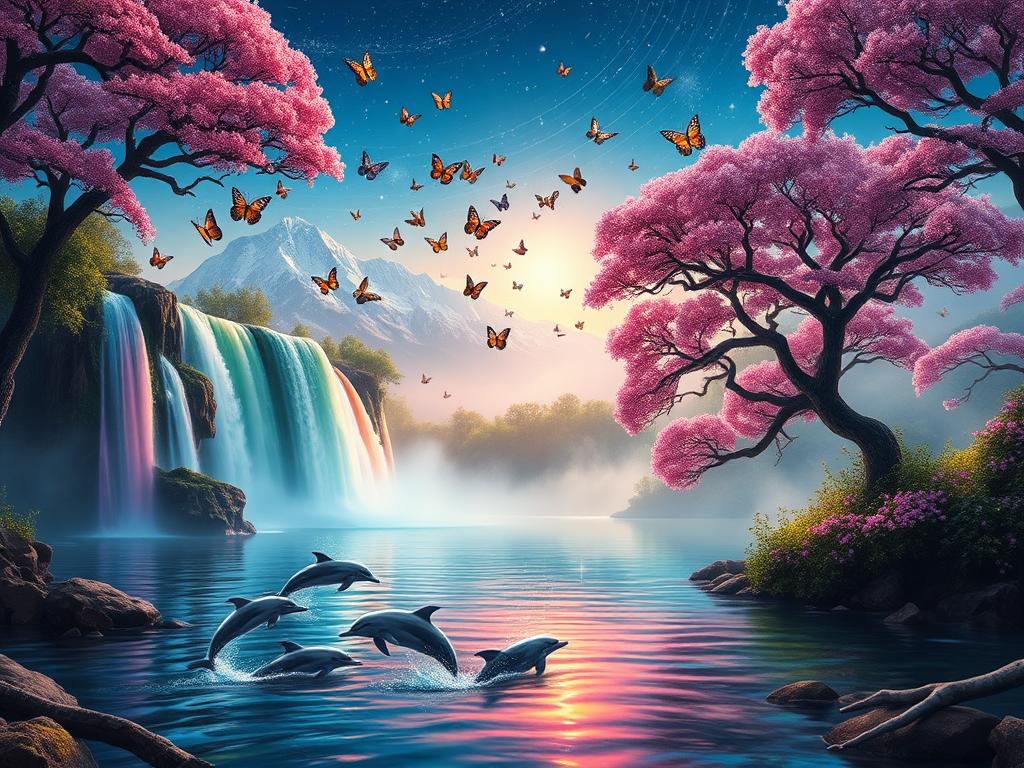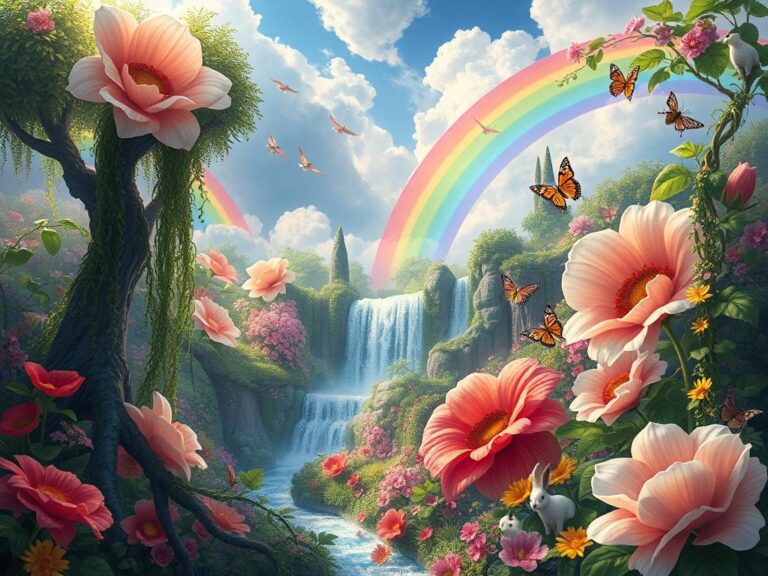100 Very Hard Quiz Questions to Challenge Your Brain
100 Very Hard Quiz Questions to Challenge Your Brain
Introduction
100 very hard quiz questions are the ideal way to not just test your knowledge, but to challenge yourself, engage your memory, and possibly learn something new in the process.
Whether you’re preparing for a trivia night, looking to stump your friends, or simply want to test your own mental mettle, this collection of quiz questions offers a perfect blend of topics.
From historical events to scientific queries and literary masterpieces, these questions can serve as excellent conversational starters or fuel for a fun gathering. How much do you actually know about the world around you?
In this article, we will explore the questions themselves, enrich your knowledge with explanations where applicable, and provide a deeper understanding of the fascinating subjects behind each question.
The Importance of Quiz Questions
Quizzes have become a favorite pastime not because they are just entertaining, but because they have profound cognitive benefits.
Engaging with quizzes can enhance memory retention, improve information recall, and foster critical thinking.
Studies indicate that quizzing strengthens neural pathways through repetition, leading to enhanced cognitive abilities.
Moreover, quiz questions can be especially valuable in educational settings, helping students gauge their understanding of specific subjects.
Breaking Down the Questions
Here we present 100 very hard quiz questions that cover a wide range of categories:
- What is the chemical symbol for the element with atomic number 74?
- In what year did the Titanic sink?
- Name the author of the dystopian novel “1984.”
- What is the capital city of Bhutan?
- Who painted the ceiling of the Sistine Chapel?
- In Roman mythology, who is the god of war?
- What is the longest river in South America?
- Name the only planet in our solar system that rotates clockwise.
- Who was the first person to set foot on the moon?
- What is the hardest natural substance on Earth?
- Which country has the highest number of UNESCO World Heritage Sites?
- In Greek mythology, who is the goddess of wisdom?
- What is the capital of Iceland?
- How many symphonies did Beethoven compose?
- Name the largest desert on Earth.
- What was the first animal to be cloned?
- In what year did World War I begin?
- Who discovered the theory of general relativity?
- What is the largest island in the Mediterranean Sea?
- How many bones are in the adult human body?
- Who wrote the play “Waiting for Godot”?
- What is the most spoken language in the world?
- Where was the Eiffel Tower completed?
- Who was known as the “Iron Lady”?
- In what year did the Berlin Wall fall?
- Who is credited with inventing the telephone?
- What is the smallest prime number?
- Which planet is known as the Red Planet?
- Who wrote the “Iliad” and “Odyssey”?
- How many hearts does an octopus have?
- What is the largest mammal in the world?
- What is the capital of Malaysia?
- What is the cube root of 27?
- In which country is the ancient city of Petra located?
- How many elements are in the periodic table?
- Who developed the first successful polio vaccine?
- What is the strongest muscle in the human body?
- Who is known as the father of modern physics?
- What year did the first man-made object enter space?
- What is the economic system where the means of production are privately owned?
- Who painted “The Girl with a Pearl Earring”?
- What is the capital city of Turkmenistan?
- Which gas makes up about 78% of the Earth’s atmosphere?
- Who wrote the famous novel “Moby Dick”?
- What is the name of the process by which plants make their food?
- Which chess piece can only move diagonally?
- Who was the first female prime minister of the United Kingdom?
- What is the name of the longest river in Africa?
- What vitamin is produced when a person is exposed to sunlight?
- Who wrote the song “Imagine”?
- In which city is the famous landmark Machu Picchu located?
- What is the boiling point of water in degrees Celsius?
- Who is known for the phrase “I think, therefore I am”?
- What year did the first electric light bulb get patented?
- Which is the only continent where penguins are found in the wild?
- Who formulated the laws of motion and universal gravitation?
- What does the term “AM” stand for in the context of radio and broadcasting?
- Which artist is known for the mural “Guernica”?
- What is the most expensive painting ever sold?
- Who was the first African American president of the United States?
- What is the main ingredient in traditional Japanese miso soup?
- Which country is known as the Land of the Rising Sun?
- In what year did the Great Fire of London occur?
- How many planets are in our solar system?
- Who was assassinated in 1963, prompting a national period of mourning in the U.S.?
- What is the name of the largest ocean on Earth?
- What is the primary ingredient used to make hummus?
- In which year was the United Nations founded?
- Who is the author of “Pride and Prejudice”?
- Which language is the most widely spoken in Brazil?
- What is the only country that is also a continent?
- Who discovered penicillin?
- Which city hosted the 2008 Summer Olympics?
- What is the name of the smallest bone in the human body?
- How many keys does a standard piano have?
- Who invented the World Wide Web?
- What is the official currency of Japan?
- In which country would you find the ancient pyramids of Giza?
- Who sang “Like a Rolling Stone”?
- What is the hardest rock in the world?
- What is the total number of squares on a chessboard?
- Who was the first woman to win a Nobel Prize?
- What is the capital of Canada?
- How many letters are there in the Greek alphabet?
- What is the total number of states in the United States?
- Who was the first president of South Africa after the end of apartheid?
- What is the highest mountain in the solar system?
- What mineral is essential for the formation of red blood cells?
- In what year did the Chernobyl disaster occur?
- What is the term for animals that are active during the night?
- Who was the legendary hero of the Trojan War in Greek mythology?
- What is the name of the first artificial satellite launched into space?
- Who composed the “Four Seasons”?
- What is the process of converting a solid directly to a gas called?
- Which element has the highest melting point?
- Who created the character Sherlock Holmes?
- What is the capital city of Egypt?
- What is the only metal that is liquid at room temperature?
- Which famous scientist developed the periodic table?
- What is the main ingredient used to make traditional French ratatouille?
The Purpose of Quiz Questions
When faced with difficult quiz questions, many people find themselves challenged in ways they didn’t expect.
Not only do these questions stimulate the brain, but they also encourage social interaction and teamwork during quiz events or gatherings.
They are an incredible way to bring people together and instigate lively discussions that can go way beyond the questions themselves.
Understanding Quiz Formats
Quizzes can come in various formats, each requiring different engagement approaches:
- Multiple Choice: Offering alternatives increases the difficulty as it requires discernment.
- True or False: This format demands quick decisions and can be challenging.
- Fill in the Blanks: This style tests specific knowledge and memory.
- Open Quiz: Open-ended questions require a deeper understanding and perspectives.
Enhancing Cognitive Skills with Quizzes
Engaging in quizzes can lead to remarkable cognitive skills enhancement:
Here are a few benefits:
- Improved memory retention.
- Better analytical thinking.
- Increased verbal skills.
- Boosted overall brain function.
Creating Your Own Quiz Night
If you are looking to host a quiz night, these tips can ensure a great experience:
- Mix the Categories: Include a variety of topics to cater to everyone.
- Set a Challenge Level: Aim for a mix of easy and hard questions.
- Use Buzzers: For a fun competitive edge, introduce buzzers for answers.
- Provide Prizes: Incentivize participation and correct answers with small rewards.
Conclusion
In conclusion, challenging yourself with 100 very hard quiz questions can serve as an effective method for memory sharpening, learning, and socializing.
Quizzes are not only about testing knowledge but also stimulating discussions, boosting cognitive skills, and enhancing memory retention.
Try them out during your next gathering or trivia night, and let the interesting conversations flow!
FAQ
Why should I participate in quizzes?
Participating in quizzes can enhance your cognitive skills, improve memory retention, and provide a fun avenue for learning something new.
Can quizzes help with learning?
Yes, quizzes have been shown to promote active learning by reinforcing information and improving recall ability.
How do I create a quiz?
To create a quiz, determine your topic, decide on the format, choose your questions, and set clear guidelines for participants.
What is the best way to prepare for a quiz?
The best way to prepare for a quiz is to read widely, engage in trivia activities, and relate information with fun facts.
Utilizing the 100 very hard quiz questions can stimulate your mind and make for an enjoyable experience for you and your friends!





